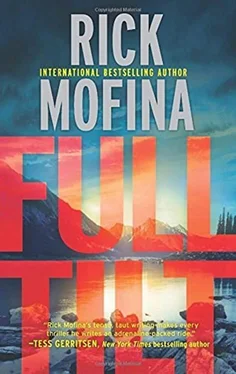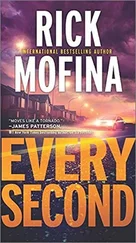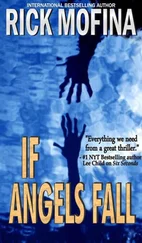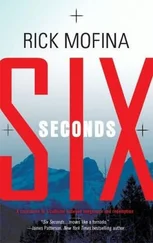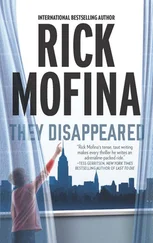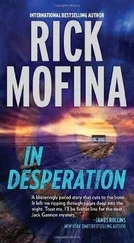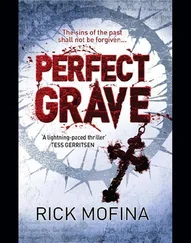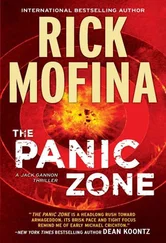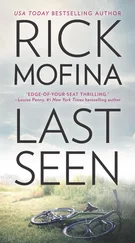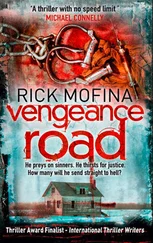“Yes, hi, Will.”
“I found something in my notes that may help you.”
Lost River State Forest, Minnesota
“You come up here for the birding?”
Zurrn didn’t expect the attendant pumping gas into his van to start a conversation. He was in Pine Mills, a village that skirted the state forest near the Canadian border.
The forest was known for bird-watching.
It was dusk. Bishop’s General Store and Gas, where he’d stopped, was the only sign of life. The attendant, “Ferg,” according to the smudged name patch on his shirt, was chatty.
“That’s right,” Zurrn said to his side-view mirror.
“I figured.” Ferg clamped on his toothpick as the smell of gasoline wafted while the flow hummed. “I see by your plate you’re from Delaware. Folks that come that far, usually-”
A sudden muffled sound from inside the van caught Ferg’s attention. Cupping his free hand to his temple, he drew his face to the tinted window.
“You got a dog in there, or something?”
Zurrn eyed him then caught the flash of a turn signal. A car was approaching the service station from the highway. It bore the emergency light bar of a police unit.
“No.” He kept his voice soft. “My wife’s trying to get some sleep.”
Oh , Ferg mouthed. “Okay.” After finishing the fill-up, he replaced the nozzle quietly and took care tightening the van’s gas cap.
“That’ll be forty-five,” Ferg whispered. “Want me to check the oil?”
Zurrn held three twenties out the window.
“Nope. Keep the change.” He started the engine.
“Thank you, sir! Want a receipt?”
“Nope.”
As a Klassen County sheriff’s white patrol car wheeled up to the pumps, Zurrn slipped the transmission into Drive and eased away.
That was close.
Watching Bishop’s General Store and Gas shrink in his mirror, Zurrn then glanced over his shoulder, his attention flicking to the enlarged storage area he’d built under the van’s master bed. The sleeping pills were wearing off. Not to worry, it wasn’t much farther.
That little scene back there underscored the need to be vigilant.
Now that he was at war, now that his struggle was national news, mistakes could not be made. He glanced at the newspaper on the passenger seat, folded to the latest article on Rampart. There were photos of the farm with insets of the victims and that reporter, Kate Page, the one who’d begged and pleaded to know more about her sister.
There was a sidebar story about Page and her painful, unrelenting search for her sister. The story praised her as “heroic, brave, courageous and smart.”
Your reverence is misplaced.
Zurrn seized the paper and looked at her face with contempt before tossing it aside. She was a moth, circling mindlessly in his brilliance. He was on the edge of immortality, of achieving something monumental.
You have no understanding of who I am.
Or what I am.
As twilight yielded to the dark he searched the dense woods, unearthing the pieces of his life. His mother had come to America to live with relatives when she was a student from Bulgaria, or Romania, or Serbia. He was never sure. She drank a lot and told him different stories. She may have been a Gypsy. She became an US citizen, working as a nurse until she became a drug addict and lost her job. Her life was far from the American dream. When Frank, the paramedic she’d married, realized that Zurrn was not his son but the bastard of one of her many affairs, he walked out on them.
Zurrn stared into the darkness ahead and admitted what he was.
I am the result of a whore’s barter for drugs.
He had no idea who his father was. Zurrn grew up poor, friendless and with a love-hate relationship with his mother. As a child, he had an ungainly limp, which he’d had surgically corrected as an adult. His mother was protective of him during her periods of lucidity, feeding him the promise of a better life, telling him he was exceptional.
“You’re not like other kids, Sorin. You’re destined for greatness.”
His teachers had found that his IQ was the highest of any student they had taught and that he had an eidetic memory. But Zurrn was ostracized and bullied at school. He would hide away alone after classes in one of the labs, building new computers from discarded ones.
His mother struggled to pay the rent on their cold, ramshackle home but was hostage to her addiction between jobs cleaning hotel rooms or serving fast food, leaving them to rely on charity. One day a boy teased Zurrn because of his shirt.
Hey, why’re you wearing that rag, Hopalong? My mom donated it to a church. How’d you get it? You steal it?
Others soon gathered round and started poking Zurrn.
Know what I heard? A bigger boy grinned. I heard your old lady gives blow jobs for dope, anywhere and anytime!
Zurrn burned with shame.
Limping away, he tore off the shirt and threw it in a Dumpster before he got home and sought refuge in his collection. Ever since a class trip to the Chicago Botanic Garden, he’d started collecting butterflies. He began by stealing several exotic ones from the Garden, putting them under his shirt, feeling his prisoners flapping against his chest near his heart. He was enamored with their beauty and, later, the whole process of chasing and capturing specimens in parks.
He soon became expert with his killing jar where he imprisoned each catch. He’d watch his beauties flutter themselves to death or die slowly in captivity. Sometimes he’d pinch the thorax to stun them. After death, he took great care spreading their wings, pinning them, mounting them and soaking up their poetry.
My pretty dead things.
They didn’t leave you to buy drugs and get stoned in the bathroom. They didn’t bring home strange men stinking of alcohol.
They didn’t humiliate you.
They were his to own, his to possess, his to control.
He held the power of life and death over them.
He was never alone when he was with his collection. They were individual works of art, so beautiful. Unlike the ugliness he’d endured at every turn. Every day with each indignity he suffered, his anger grew, evolving into a quiet rage.
He remembered walking home one afternoon and seeing his mother searching through the trash cans along their street. At that moment he saw a pack of neighborhood teenage girls swarm her, mock her, slap her and rip apart her plastic bags, scattering her soda and beer cans. Mortified, Zurrn stayed out of sight. Then he ran off, his tears and fury nearly blinding him with shame for not defending his mother.
And shame because of her.
Tonya Plesivsky was the girl who’d led the attack. He knew where she lived and that she had a beloved dog, Pepper. That night, Zurrn lay awake seething. A week later, MISSING flyers went up in the neighborhood for Tonya’s dog. Pet lovers were sympathetic. One day Tonya even stopped Zurrn on the street near Ben Bailey Park.
Have you seen Pepper, Sorin? This is serious. I’m worried.
She had a lot of nerve, after what she’d done to his mother.
No , he had lied.
Of course, he knew where Pepper was and he considered sending the mutt’s head to her with a note-“I’m missing you in hell”-before dismissing the plan. He was happy knowing that she would never see her precious Pepper again. At the same time, as much as he loathed Tonya, he saw how fear became her, how pretty she was in her anguish. His power over her enthralled him and he fantasized about what he’d do to her, about seeing a MISSING poster with Tonya’s face on it.
The van’s headlights raked the woods and gravel popped under the tires as Zurrn turned onto an abandoned forestry road. He knew this area, he’d been here before. As the van toddled along the old rutted path, soft groaning and cries rose from the back.
Читать дальше
Конец ознакомительного отрывка
Купить книгу
